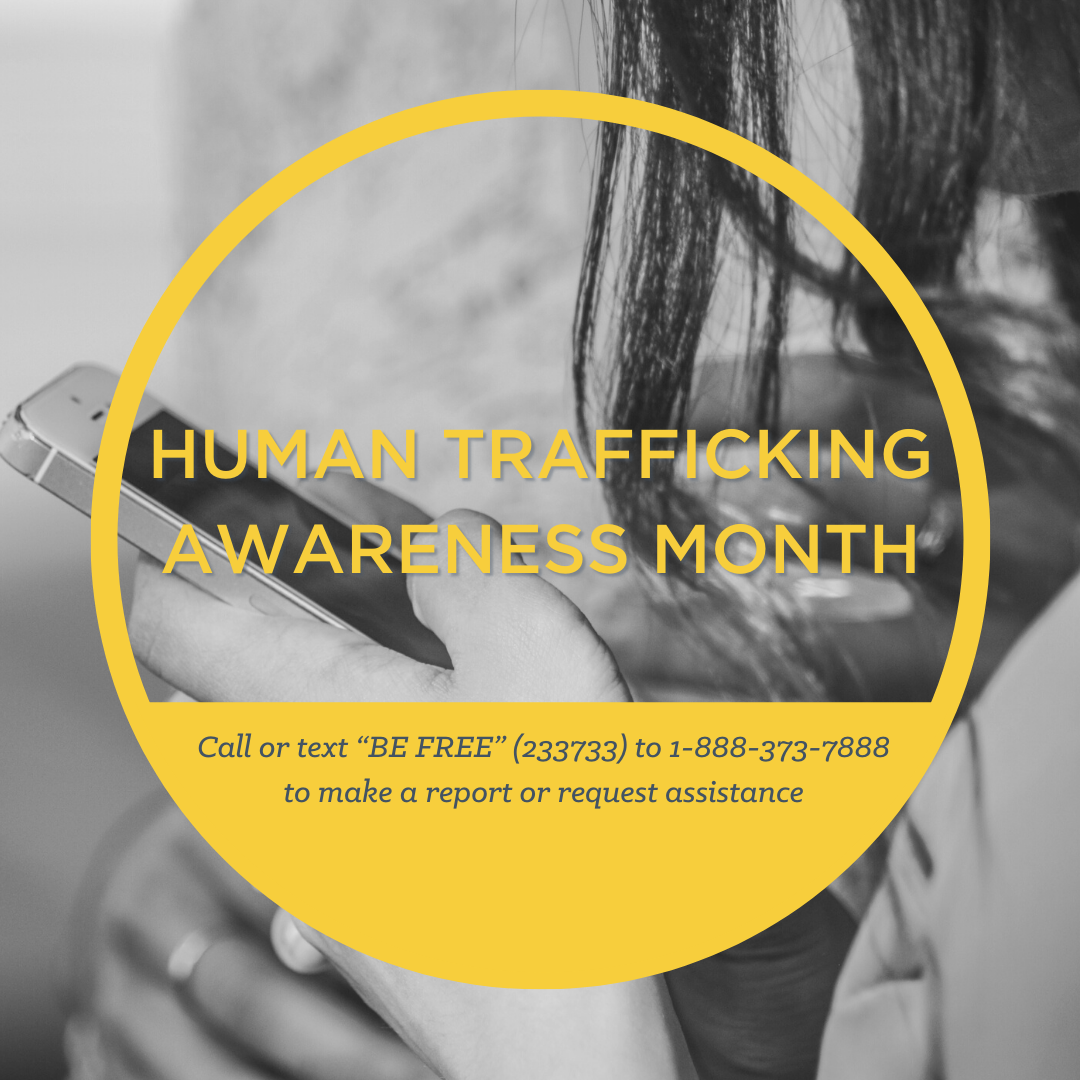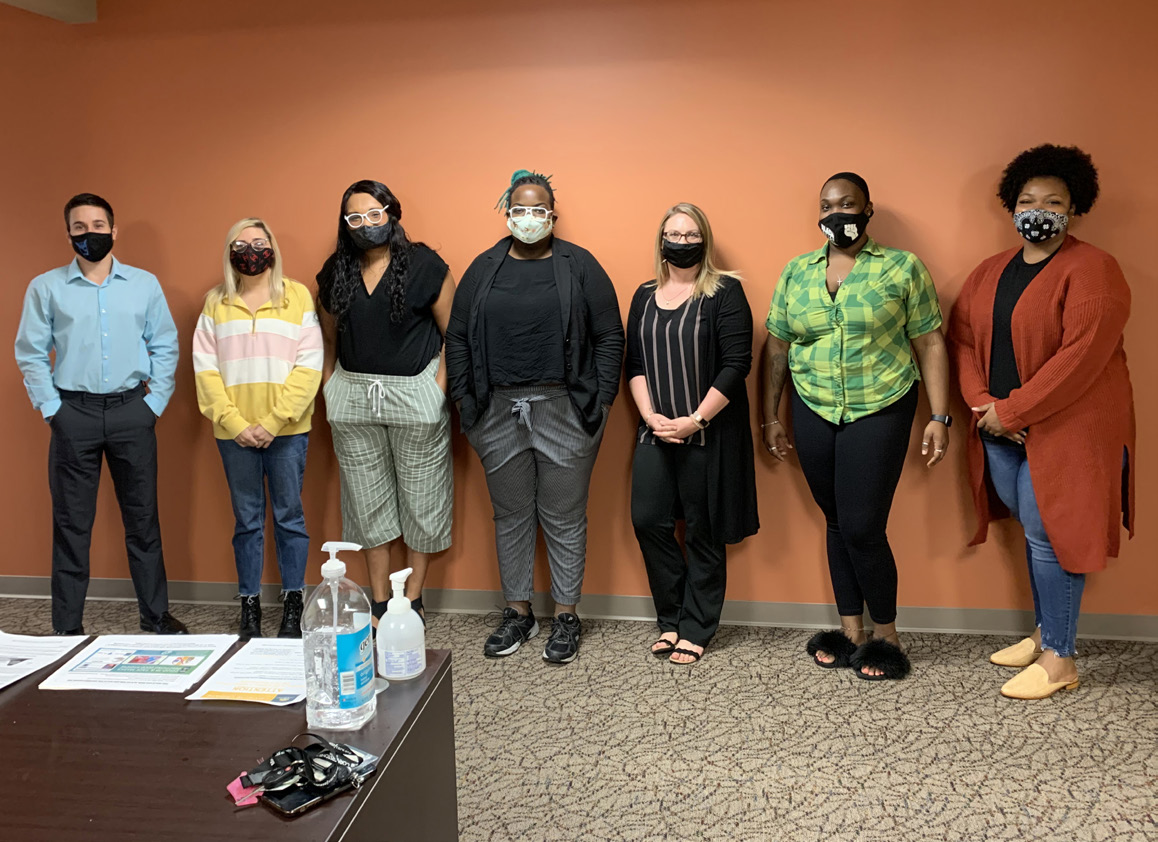

Youth in foster care often hear again and again, “I don’t want you. I don’t want you. I don’t want you.” Rejection is a key component of experienced trauma. Despite the odds, some exhibit remarkable resilience. Resilience is the process of adapting well in the face of adversity, trauma, tragic threats, or significant stress. Cornerstones of Care team member Makaila's story is one of forgiveness, acceptance and extraordinary resilience.

January is National Human Trafficking Prevention Month. Children, especially those who are abused or neglected in their own homes, are especially at risk of becoming one of the 20 million+ people trafficked worldwide for labor or sex. The average age of a child exploited through sex trafficking is 14 or 15. Continue reading to learn the statistics around Human Trafficking, how we are fighting against human trafficking and what you can do to help.

In all relationships, each person brings their own habits, culture, values and traditions to the home. The same is true for children who will be joining your family through foster care or adoption. Learn more about what to expect during their first days in your home.

Children are removed from their homes and placed into foster care because families are going through a crisis, resulting in an unsafe home, abuse or neglect. Abuse is the intentional infliction of harm, whether it is physical, emotional, or sexual harm. Neglect is the failure to provide the necessary care for an individual, resulting in that individual's injury or illness.

Our Central Missouri team is growing! Through our partnership with the Missouri Alliance for Children and Families (MCAF), we are pleased to announce the expansion of our Foster Care Case Management (FCCM) program to now include Columbia and Jefferson City.